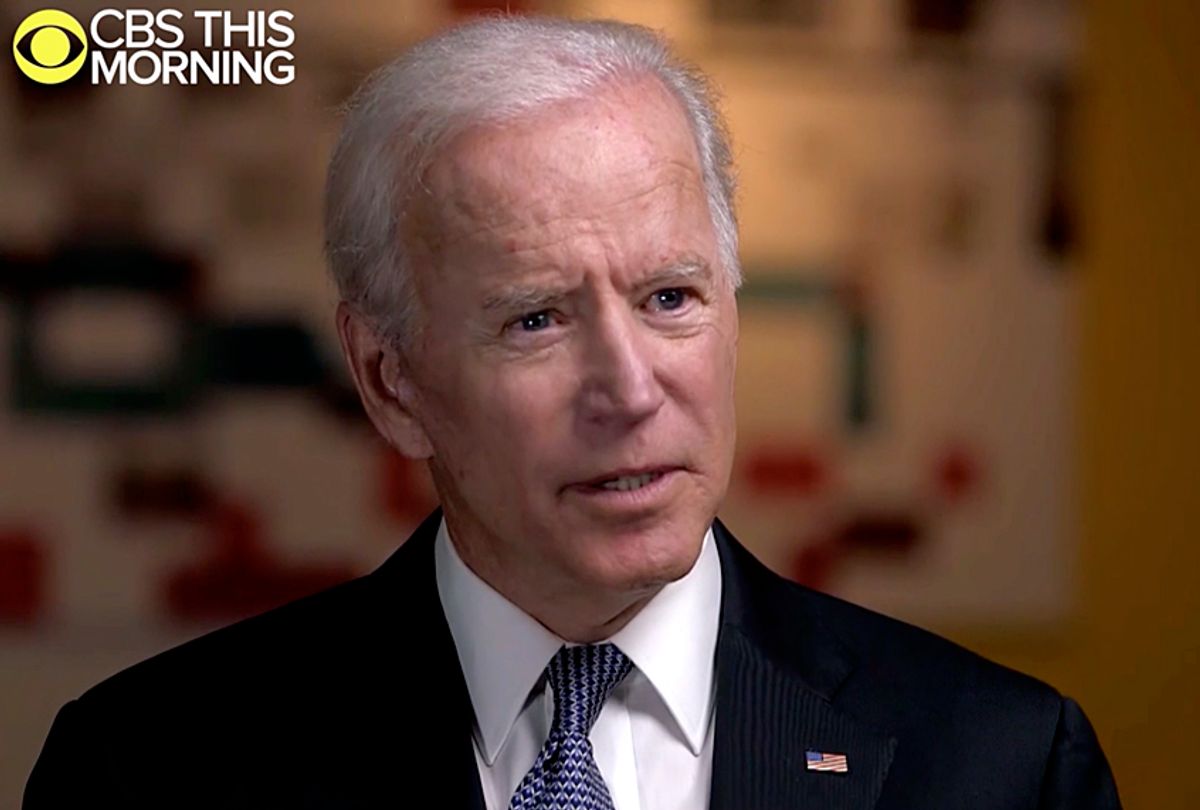In a tidal wave of executive orders and actions signed during his first week in office, President Joe Biden went around Congress to begin addressing a series of campaign promises.
"We are at a precarious moment in our economy," said Brian Deese, the director of the National Economic Council, previewing the actions, "The American people cannot afford to wait. So many are hanging by a thread."
After first getting the U.S. back into the Paris climate accords to combat climate change, recommit to the World Health Organization in the middle of a pandemic, halting federal funding for Trump's wall at the U.S.-Mexico border, lifting restrictions on people from Muslim countries and ending the deportation threat against the DREAMers, Biden announced a third wave of actions.
Skirting around the Congressional approval required for his $1.9 trillion pandemic relief package –– which has already been met with significant Republican pushback –– Biden's third wave of directives seeks to immediately address the needs of those ravaged by an economy still reeling from the COVID-19 recession. Biden's first order will call on the Department of Agriculture to readjust its requirements for providing food assistance, making it easier for more families to benefit from the Pandemic Electronic Benefits Program (P-EBT), which will act in lieu of school lunch provisions for children. According to a White House fact sheet, the order is expected to yield a 15% increase in food aid to children unable to receive school meals.
Biden's order is also set to expand the Supplemental Nutrition Assistance Program, also known as "SNAP," for 12 million families that currently rely on the program, according to White House estimates. SNAP is expected to increase by $3 billion, expanding total aid to families of four by 15-20%. While Congress improved these benefits as part of its economic aid package last year, Trump did not allow those receiving the maximum provisions to receive any more aid.
In addition, Biden's order will also help workers collect direct payments from past aid packages and give workers "a federally guaranteed right to refuse employment that will jeopardize their health" without having to fear a suspension of their payments. This should prove to be a vital qualification, as 43% of American households have at least one family member with a pre-existing condition.
President Biden's second order also mandates a $15 minimum wage for both federal workers and federally-contracted workers, which may place pressure on private sector employers to make similar wage adjustments. Biden will, likewise, call on Congress to raise the national minimum wage to $15 as well.
Another Biden order will restore union organizing power, allowing workers to collectively bargain more effectively. This comes after Trump signed anti-union legislation in 2018, designating a new job classification for government employees called "Schedule F," which made it easier for employers to fire federal workers, stripping them of many of their civil service protections.
"Over the last four years, [civil servants] have been undermined and demoralized," wrote the White House, "The president will sign an executive order taking steps to protect and empower federal employees who are so essential to this country."
Biden's also announced a 60-day freeze on regulations to give his administration the time necessary to review any new rules and removed the ban on transgender people serving in the military.

Shares